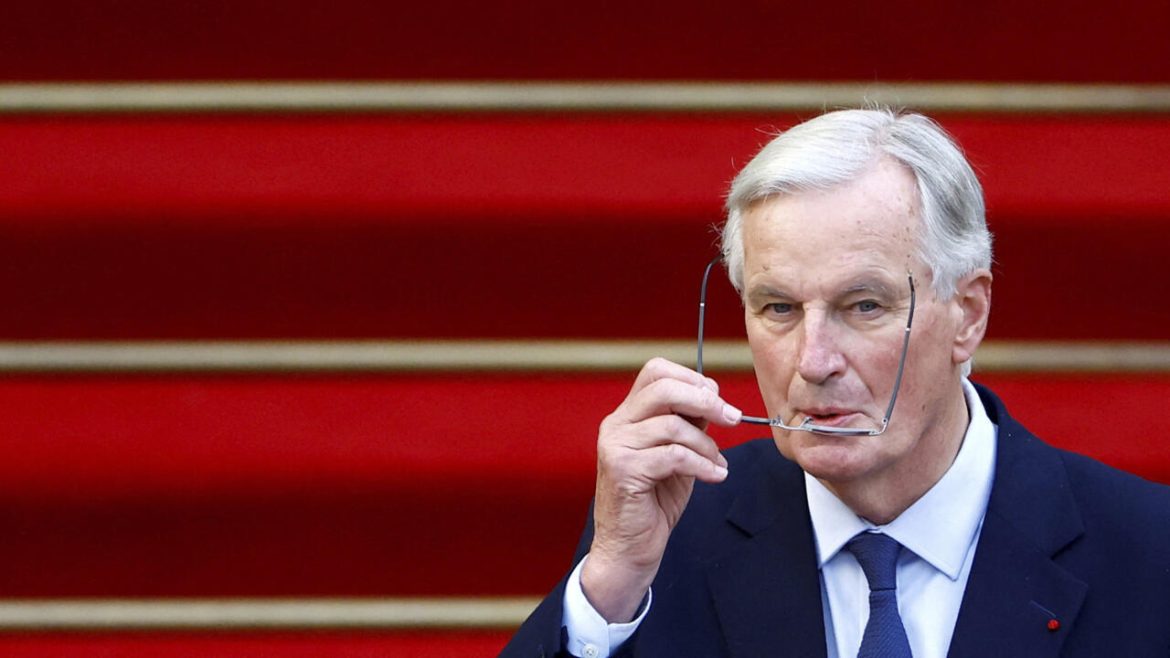PARIS, France — French lawmakers from both far-right and left-wing factions have voted to oust Prime Minister Michel Barnier.
The decision came on Wednesday after a historic no-confidence vote driven by disagreements over budgetary issues.
Barnier, a veteran politician, has become the first French premier to be removed by a no-confidence vote since 1962.
A total of 331 lawmakers cast their votes against him and his Cabinet. To pass the motion, at least 288 votes were necessary. The outcome has resulted in Barnier and his Cabinet being forced to resign from their positions.
The vote took place in the National Assembly, where lawmakers from different political spectrums came together to oppose Barnier’s government.
The coalition of far-right and left-wing members signified an unusual alliance, united by their dissatisfaction with the government’s handling of budgetary matters.
Emmanuel Macron, the President of France, had expressed his support for Barnier prior to the vote. Macron’s endorsement, however, did not prevent the outcome of the no-confidence vote. The move has thrown the French government into a state of instability, signaling a shift in the nation’s political climate.
The fall of Barnier’s government, which had been in office for three months, reflects the divisions within the French political landscape.
Barnier’s administration faced criticism for its handling of the budget, which opponents say failed to address pressing economic concerns. The motion against him was introduced as a response to perceived fiscal mismanagement.
With the immediate resignation of Barnier and his team, the French political arena now faces the task of appointing a new leadership. The process will involve negotiations among political parties to determine the next steps.

